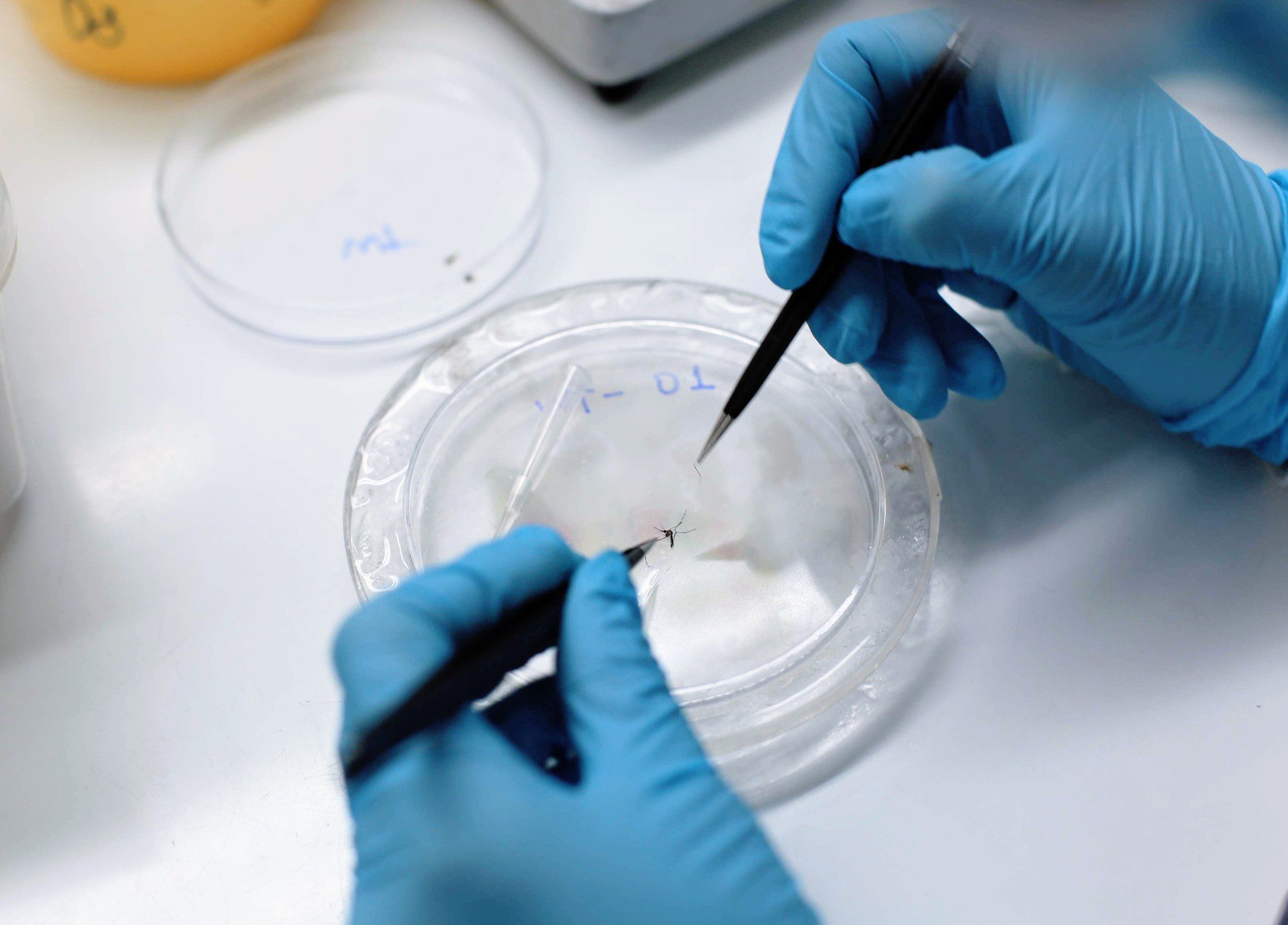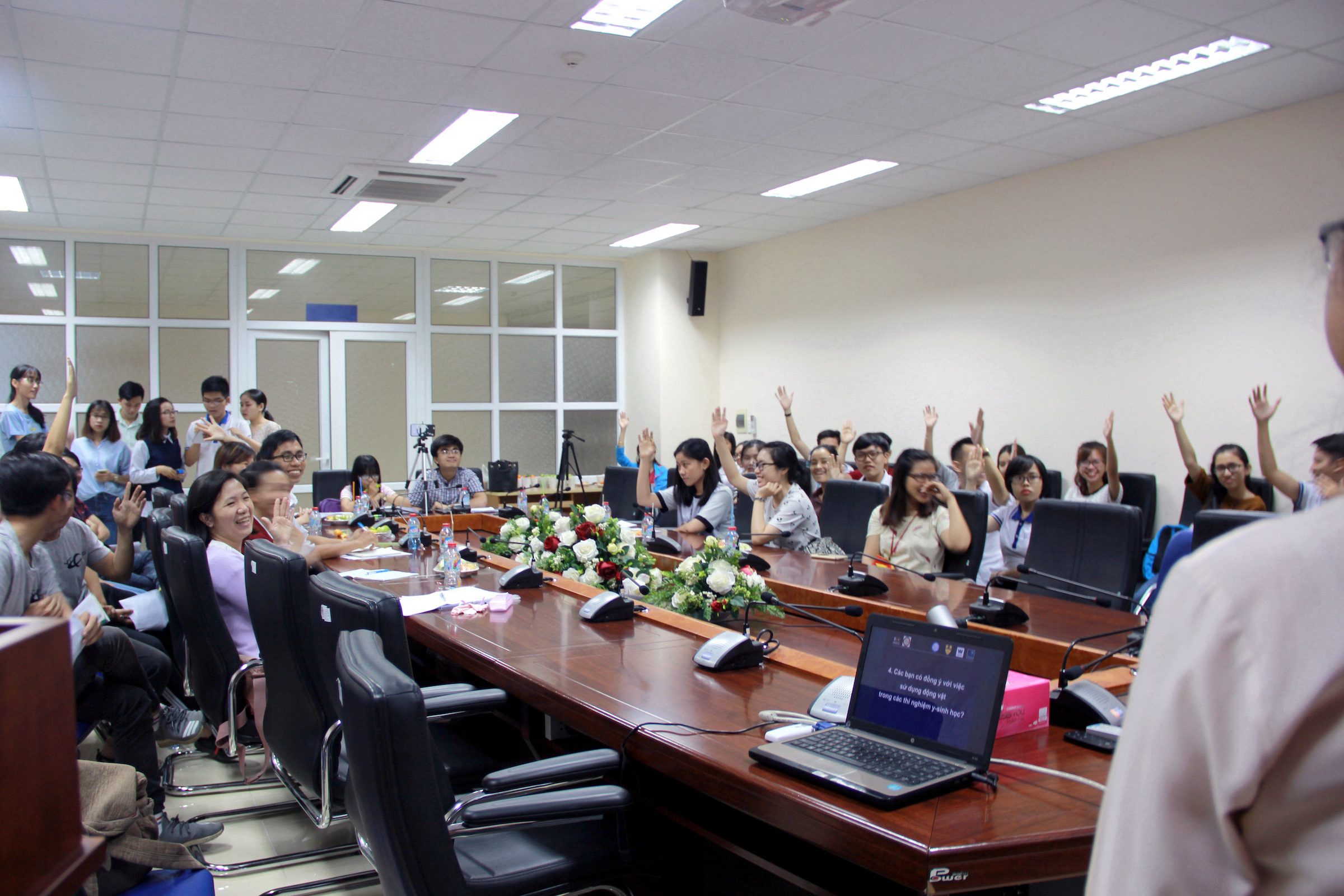With 75% of the disease burden concentrated in the Asia-Pacific region, ASEAN and the World Health Organization (WHO) choose June 15th as Dengue Day[1].
According to WHO, dengue cases have reportedly increased from 505,430 cases in 2000 to 5.2 million in 2019.
2023 witnessed the highest number of dengue cases, with over 6.5 million cases and more than 7,300 dengue-related deaths, affecting over 80 countries in all WHO regions. The disease is now endemic in more than 100 countries in the WHO Regions of Africa, the Americas, the Eastern Mediterranean, Southeast Asia, and the Western Pacific.
In Vietnam, one of the largest dengue outbreaks happened in 2022 with over 367,000 dengue cases and 140 deaths reported (according to the General Department of Preventive Medicine, Vietnam Ministry of Health)[2].
Several factors are associated with the increasing risk of spread of the dengue epidemic: the changing distribution of the vectors (chiefly Aedes aegypti and Aedes albopictus mosquitoes), especially in previously dengue native countries; the consequences of El Niño phenomena in 2023 and climate change leading to increasing temperatures and high rainfall and humidity; fragile health systems amid the COVID-19 pandemic; and political and financial instabilities in countries facing complex humanitarian crises and high population movements.
Community engagement matters in dengue control.
In the context of rising threats from dengue, involving and engaging the community becomes an urgent matter in global and national dengue control strategies. Research in 2015 found that household contacts who live in the same housing complex as confirmed patients are at increased risk of dengue, particularly in highly populated urban areas[3] while a study conducted in an urban area in Vietnam in 2019 revealed several community barriers that dengue programs have to face including a lack of communication skills from the health sector and low awareness and readiness from the community[4].
To effectively engage with dengue patients and the high-risk dengue infection community, OUCRU’s Dengue group has cooperated with the Public and Community Engagement Group to organise a series of health talks at the Hospital for Tropical Diseases and OUCRU’s office. Other than providing trustworthy health science information about dengue to raise public awareness about dengue transmission, and prevention strategies for the community to implement at home, the project team also aimed to educate the local patient community about clinical trials knowledge, therefore enhancing the public’s understanding and acceptance, support the upcoming dengue antiviral prophylaxis trial, especially in recruitment.
Through this series of community engagement and involvement events, there were almost 400 participants from diverse backgrounds and educational and awareness levels actively engaged in the events. With more than 60 questions being asked, our dengue researchers and HTD doctors helped community members to answer the strongest concerns as well as build their trust, aiming for their support in further research in general, and dengue clinical research in particular.
This project serves as a valuable lesson on how to communicate effectively with participants from diverse backgrounds and explore several barriers while engaging with the community to improve in future projects such as how to compromise the project team’s goals and the community’s concerns, how to trigger their interest in complex ideas such as trials and research, and barriers on gathering their opinions and feedback including educational and other uncontrollable factors.
This dengue public engagement project is funded by Seed Awards, an initiative specified for researchers to implement their public and community engagement, aiming to raise awareness on the impact of such project on research agenda, build capacity to conduct public and community engagement projects and encourage researchers to integrate this component in their research process.
References:
- HCDC. What is ASEAN Dengue Day?. Avaiable at https://hcdc.vn/hoidap/index/chitiet/Ccs74b#:~:text=Tr%C6%B0%E1%BB%9Bc%20nguy%20c%C6%A1%20lan%20r%E1%BB%99ng,ki%E1%BB%83m%20so%C3%A1t%20c%C4%83n%20b%E1%BB%87nh%20n%C3%A0y.
- World Health Organization. Dengue Situation Updates 2023. WHO Regional Office for the Western Pacific. 2023; https://apps.who.int/iris/handle/10665/365676. Accessed March 23, 2023.
- Anders KL, Nga le H, Thuy NT, et al. Households as foci for dengue transmission in highly urban Vietnam. PLoS neglected tropical diseases. 2015;9(2):e0003528.
- Nguyen-Tien T, Probandari A, Ahmad RA. Barriers to Engaging Communities in a Dengue Vector Control Program: An Implementation Research in an Urban Area in Hanoi City, Vietnam. The American journal of tropical medicine and hygiene. 2019;100(4):964-973.






